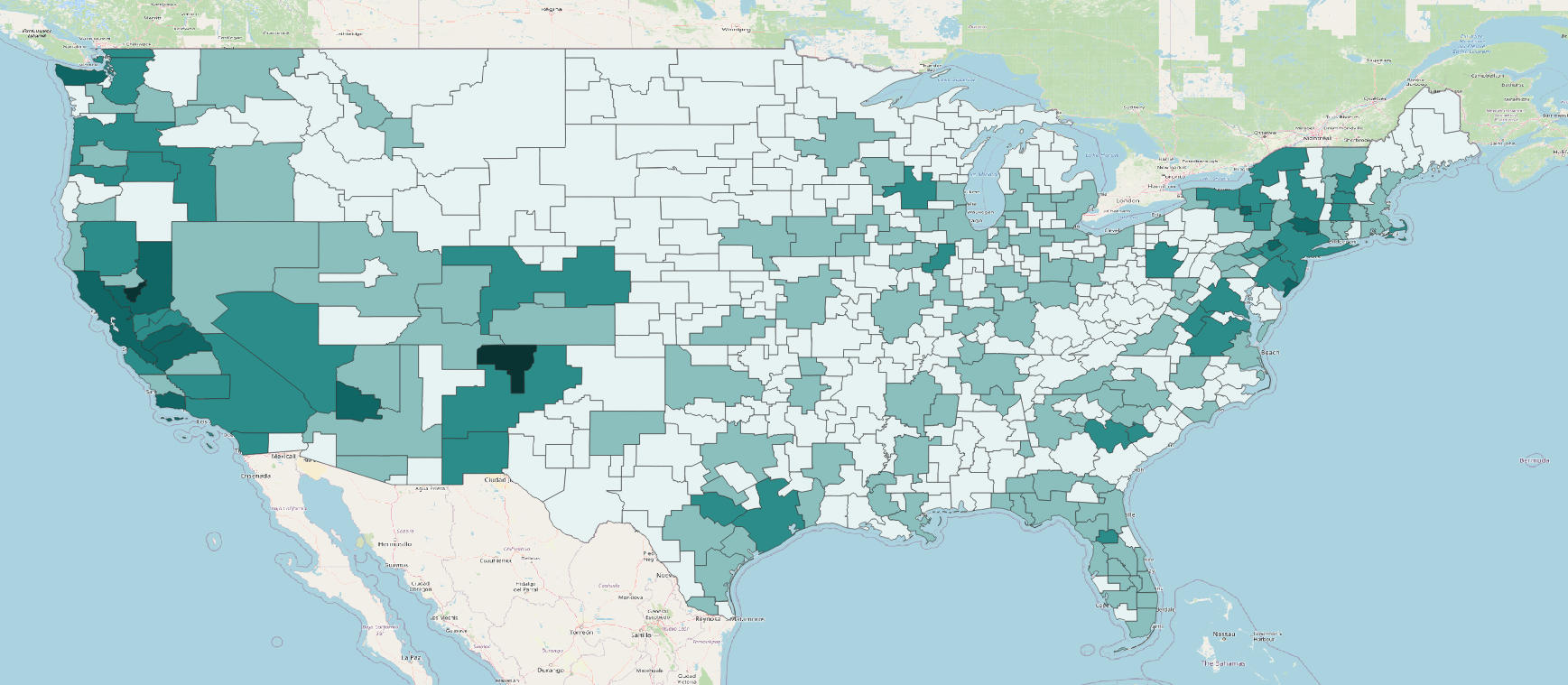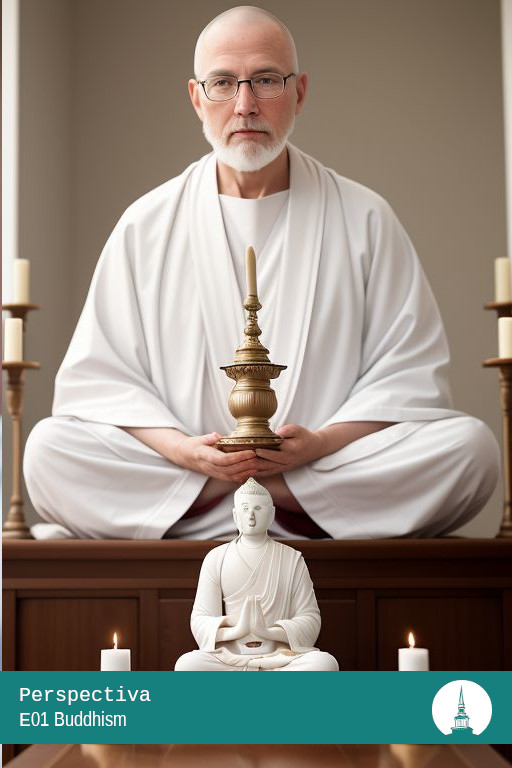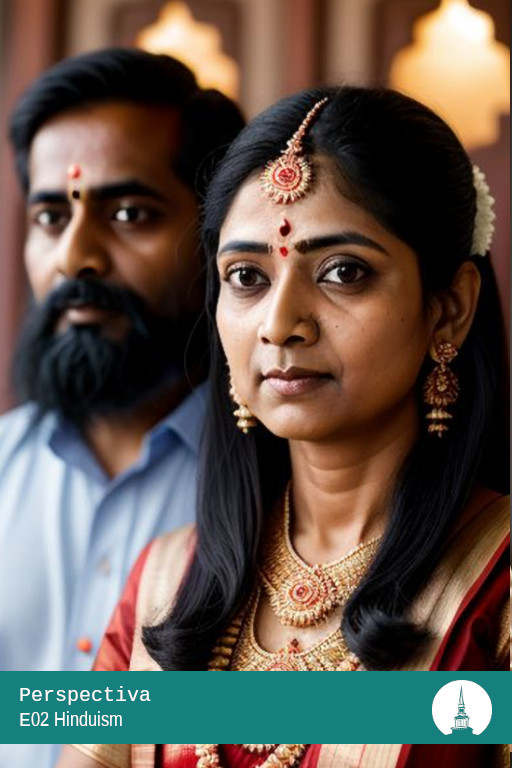Cluster E: Dharmic Religions
Dharmic Religions—Buddhism, Hinduism, Jainism, Sikhism—emphasize spirituality, community, and ethical living, enriching U.S. diversity with meaningful contributions and cultural integration.
The Dharmic Religions cluster group encompasses four distinct lifeways – Buddhism, Hinduism, Jainism, and Sikhism – each originating from the Indian subcontinent and sharing common themes and values. These traditions have found a home in the United States, contributing to the country's religious diversity and cultural richness.



The darkest areas in the thematic density map indicate the places with the highest percentage of population.
Spirituality as a Means of Personal Transformation
Central to these Dharmic religions is a profound emphasis on spirituality as a means of personal transformation and enlightenment. Whether through Buddhist mindfulness and the pursuit of enlightenment, the varied paths to spiritual liberation in Hinduism, the asceticism and non-violence of Jainism, or the selfless service and devotion to one God in Sikhism, all these traditions offer a spiritual path to help individuals lead meaningful and ethical lives.
Community and Shared Religious Practices
Another common thread is the importance of community and shared religious practices. Temples, gurdwaras, and religious centers serve as vital hubs for worship, meditation, and cultural preservation. They offer opportunities for individuals to gather, celebrate festivals, and engage in selfless service, creating a sense of belonging and unity.
Ethical Living and Social Responsibility
These Dharmic religions also place a strong emphasis on ethical living and social responsibility. Concepts such as non-violence (ahimsa), truth (satya), compassion, and equality are central to their teachings. This commitment to ethical values aligns with broader American ideals of equality, social justice, and civil rights, leading to active engagement in advocacy and community service.
Adaptability and Resilience in the American Culture
The adaptability and resilience of these traditions are evident in their growth and integration into American society. While preserving their core beliefs, Dharmic communities have embraced American culture, contributing to the country's religious mosaic.



